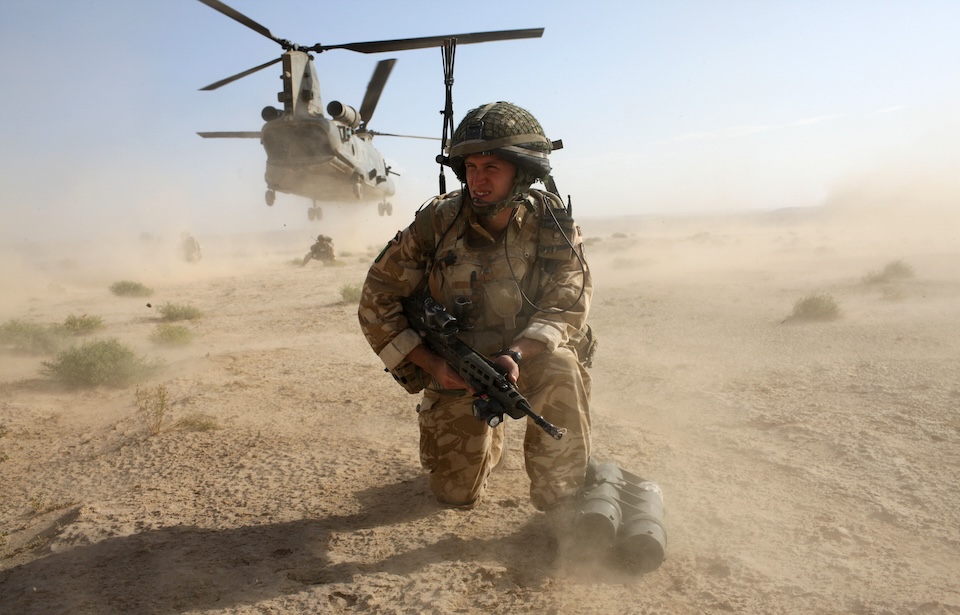Bryan Budd was a professional soldier

Determined to excel, Budd chose a non-conventional path, passing rigorous tests to earn a spot in the esteemed 16 Air Assault Brigade’s Pathfinder Platoon. The Pathfinders, responsible for critical reconnaissance in hostile environments, paved the way into combat zones. This important role allowed Budd to participate in operations across various regions, including the former Yugoslavia, Sierra Leone, Macedonia, Iraq and, ultimately, Afghanistan.
Increased Taliban activity in Helmand province
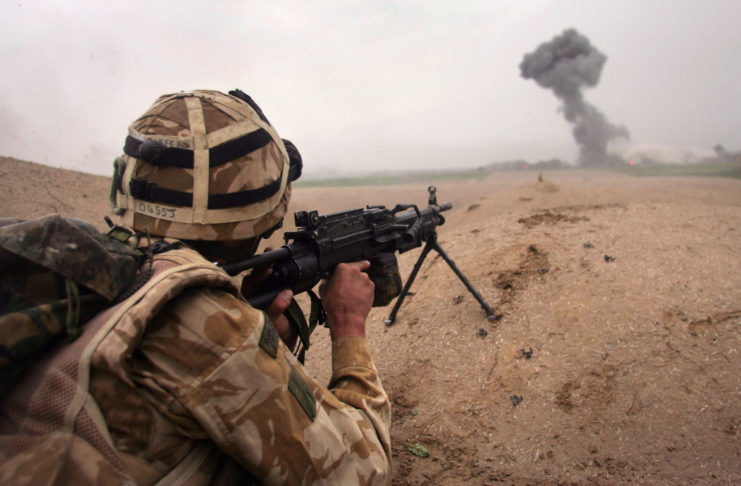
In 2006, Bryan Budd was deployed with the 3rd Battalion, Parachute Regiment (3 PARA) as part of a British force sent to Helmand province, Afghanistan. At that time, the region was infamous for threatening combat, with Sangin emerging as a major hotspot.
In reaction to the Western military presence, the Taliban intensified their aggression and dug in. They shifted from engaging mainly from a distance to confronting troops directly in an effort to dominate rural Afghanistan. For Budd’s final mission, this meant battling up close in the middle of cornfields.
According to his Victoria Cross citation, on July 27, 2006, while his unit was under heavy fire from militants on a rooftop and many of his comrades were wounded and in need of evacuation, Budd recognized that the suppressive fire was making rescue attempts impossible. Bravely stepping out from cover, he charged towards the building into a barrage of bullets.
Budd’s bold assault forced the Taliban to fall back across an open field, where British marksmen’s precise fire finished the job. His bravery allowed for the safe evacuation of his fellow soldiers and marked the first of two remarkable acts of valor.
Bryan Budd was just five days from home
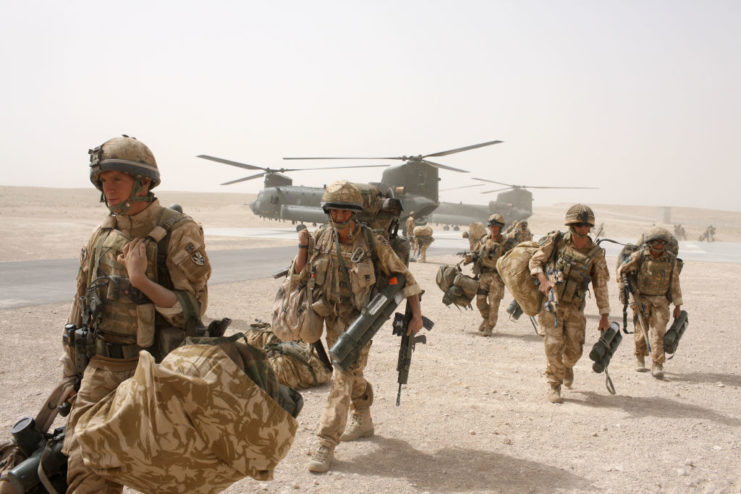
While deployment dates can frequently change at the last minute, reports indicate that Bryan Budd was set to return home on August 25, 2006. On August 20, he was in Sangin, where his unit was defending a remote outpost. Due to its strategic position, it faced daily attacks from the Taliban and needed strong defense, which included regular patrols around the perimeter.
During one of these patrols, Budd was guiding his men through dense vegetation made up of tall corn. Despite the reduced visibility, he spotted a large group of Taliban fighters about 30 meters ahead. To maintain an advantage, Budd executed a flanking maneuver aimed at eliminating the enemy.
Taliban insurgents versus the British Parachute Regiment
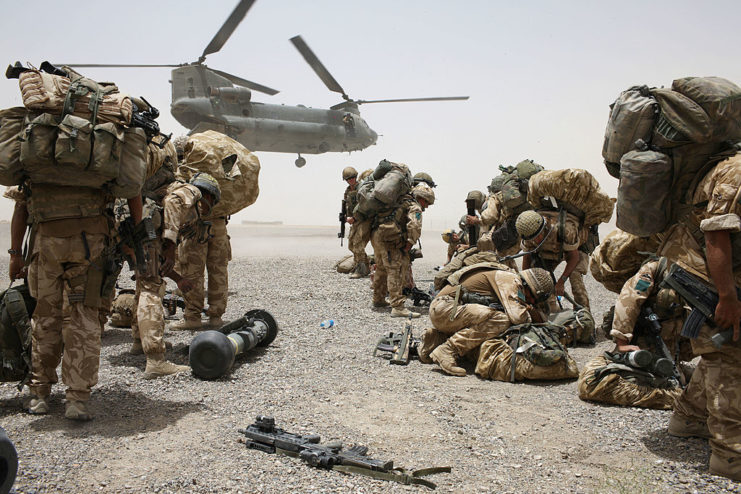
With three of his men injured, Bryan Budd once more recognized the need to take charge and launched the attack alone. He dashed through the cornfield and confronted the enemy. Despite being wounded in the skirmish, he continued the assault, allowing his comrades to regroup under his cover.
His actions successfully silenced the Taliban fighters and ensured the wounded could be evacuated safely.
Bryan Budd met a tragic end
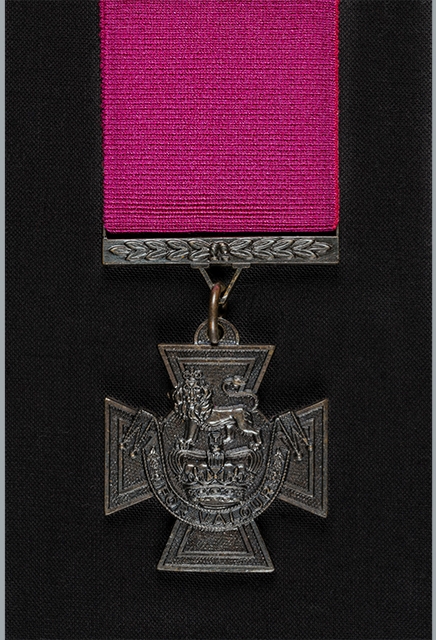
For his actions on August 20, 2006 and a few days prior, Bryan Budd was awarded the Victoria Cross. He was one of less than 20 to receive the honor since the end of the Second World War. A subsequent examination might have proven that the fatal shot came from a 5.56 mm NATO weapon, which indicated friendly fire. However, that only occurred because he saw fit to close in and destroy the enemy.
On not one, but two occasions, Budd deemed it advisable to launch a counterattack and gift violence to the enemy, rather than receive it. An unexpected counterattack disrupts enemy momentum, but often at a great cost to those who pursue it. Budd will rest in the hall of history that recognizes him as a warrior who understood that battle is fought one moment at a time, with little disregard for when you might be going home.
New! Want to become a trivia master? Sign up for our War History Fact of the Day newsletter!
More from us: James Ashworth: The Victoria Cross Recipient Who Gave His Life to Take Out An Enemy Sniper
If it’s indeed the case that Bryan Budd would have returned home with his family in just five days, then history owes him the recognition for conducting such a feat and sacrificing his life for his comrades.
